
It is the second leading cause of cancer deaths among men in Ghana with one out of every 3 men, 40 years and above being at risk.
Yet limited access to screening services and high cost of treatment continues to affect prostate cancer care in Ghana, resulting in 60% of cases being presented at advanced stages.
Stakeholders at a maiden National Prostate Cancer Dialogue reiterated the need for treatment to be captured on the National Health Insurance Scheme (NHIS) to reduce the cost burden on patients.
Prostate cancer can occur in any man forty years and above, but factors such as age, a family history and race influences one’s chances of suffering the condition. In 2022, the country recorded twenty- seven thousand new cancer cases out of which more than 2,300 were prostate cancer.
Data also suggests that only 20 percent of men above 40 have had a prostate cancer screening while 60% of the cases are mostly presented at advanced stages.

Although Ghana is already classified as one of the countries with highest prostate cancer incidence rate in West Africa, national health policies do not prioritize prostate cancer and the challenges hindering progress in prostate care are enormous.
There are less than one hundred urologist-specialists in the country, influencing treatment gaps at the district and regional levels.
Professor of Urology and Head of Department of Surgery at the Korle Bu Teaching Hospital and President of the Ghana Association of Urological Surgeons, Professor James Edward Mensah, is calling for the training of more specialists in the discipline.
“So, I remember in 2005, when our colleagues had the accident, you remember the three who died? Yes, we only had about 14 urologists in this country. Now, we are approaching 80. So, the training is ongoing, but it can be faster. And with the recent completion of the urology center in Korle Bu, we have more theater space. You see, the patients to operate on, they are there. They are numerous. Our challenge has always been the theater space, anesthesia, and sometimes nursing,” he said.

He added that, “training of specialists is not the responsibility of one organization or one institution. If you are doing an operation, not only the doctors, you need the nurses, you need the equipment and the tech machines. All these things come together to give us the opportunity to train more surgeons.”
He further lamented how expensive treatment is and the need for interventions that will cushion patients.
“And currently, there are technologies that we can use to aid diagnosing that one. And that is what we call the MRI. I’m sure you’ve heard of the multi-parametric MRI. A good multi-parametric MRI can tell us that this prostate is most unlikely to harbor the aggressive cancer, even if your PSA is marginally limited
Elsewhere, after your PSA, the next thing is to do an MRI. But we don’t have the money to have MRI machines all over the country. So, we have to have another way. And that is where the rectal examination, you know, putting a finger in your rectum to fill the back of your prostate. It’s very important. Some men don’t like it that someone is putting his finger in you. They said it’s not dignified. Yeah, but you see, that one requires only gloves and Vaseline. Instead of doing the MRI, sometimes when we discuss with the patients, that should we do the rectal examination on you and he finds it uncomfortable, we won’t push it. We’ll just request for the MRI for him, which is about 3,000 Ghana cities, for a good MRI.” He said.
The Director-General of the Ghana Health Service, Dr Patrick Kuma-Aboagye highlighted the need for strengthened measures to address the gaps.

“Clearly, this is a preventable condition if you screen and detect early and you are able to contain it before it gets there. So the key challenge for us is that, how do we ensure we reduce the burden by early detection and early treatment so that we don’t get people dying in their early ages. We also need to ensure that we encourage the people to be available for screening.
The landscape of prostate cancer care in Ghana is riddled with significant challenges, many of which we must confront, using multi sectoral and multi-faceted approach. One, there is a general lack of understanding among the public about prostate cancer, its rate factors, sentence and importance of early detection,” he explained further.
“Myths and misconceptions persist, which prevent men from seeking timely medical advice and screenings. Although prostate cancer is treatable and when detected early, access to screening services, innovative treatments, diagnostic equipment and affordable medication remains limited. This is particularly concerning in rural areas where healthcare facilities are often under-resourced. Number three, additionally, financing for prostate cancer diagnosis and care is also significant challenge, which requires our collective support,” Prof Mensah stated.
After 35 years, every man’s prostate is likely to be enlarged, blocking the urinary route, resulting in weak streams of forced and delayed urine. Even worrying is the fact that most men are completely oblivious of their prostate condition and ignore these subtle warning until it is too late.
Usually, no symptoms during the early stages of prostate cancer. However, if symptoms do appear, they usually involve frequent urges to pass urine, blood in the urine amongst others.
The post 60% of prostate cancer cases are presented at health centres in advanced stage – Urologist first appeared on 3News.
Read Full Story
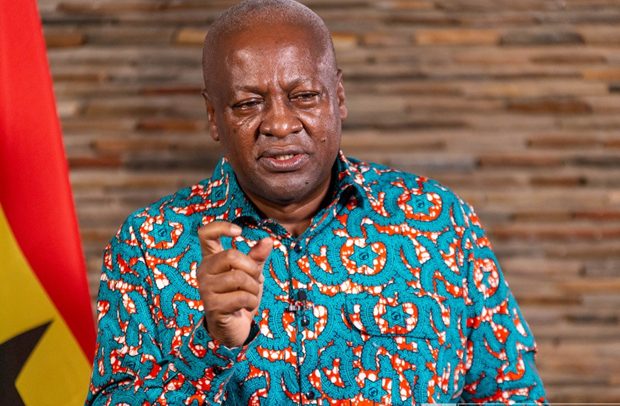




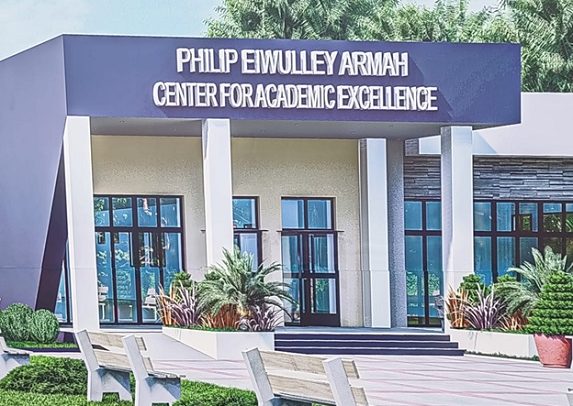

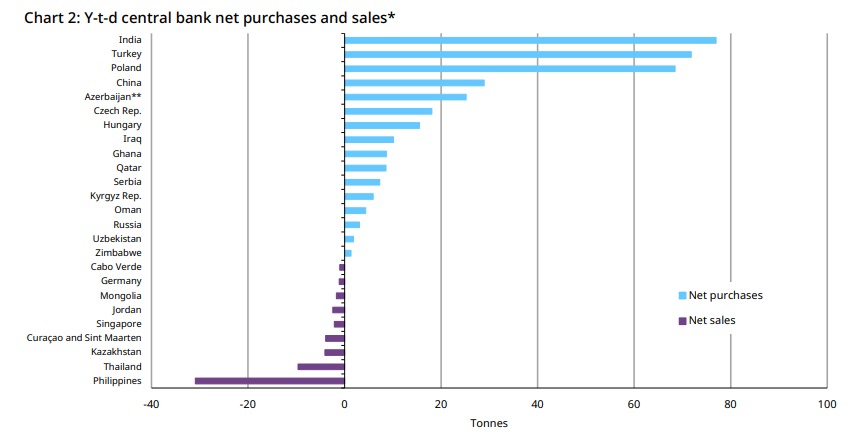
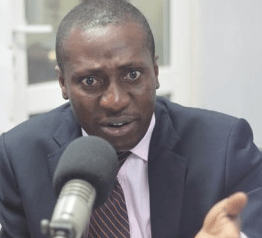


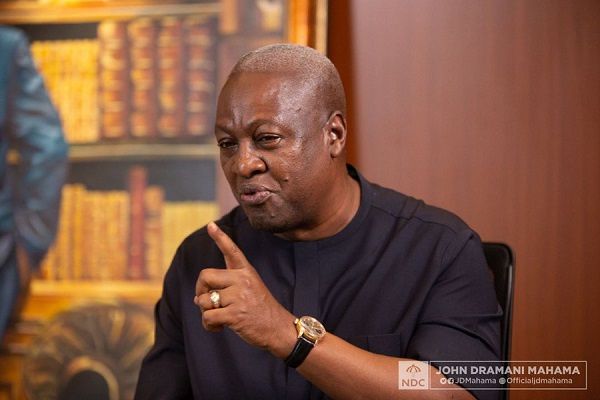
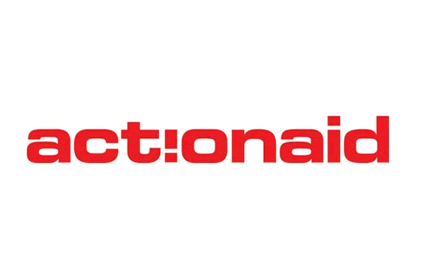

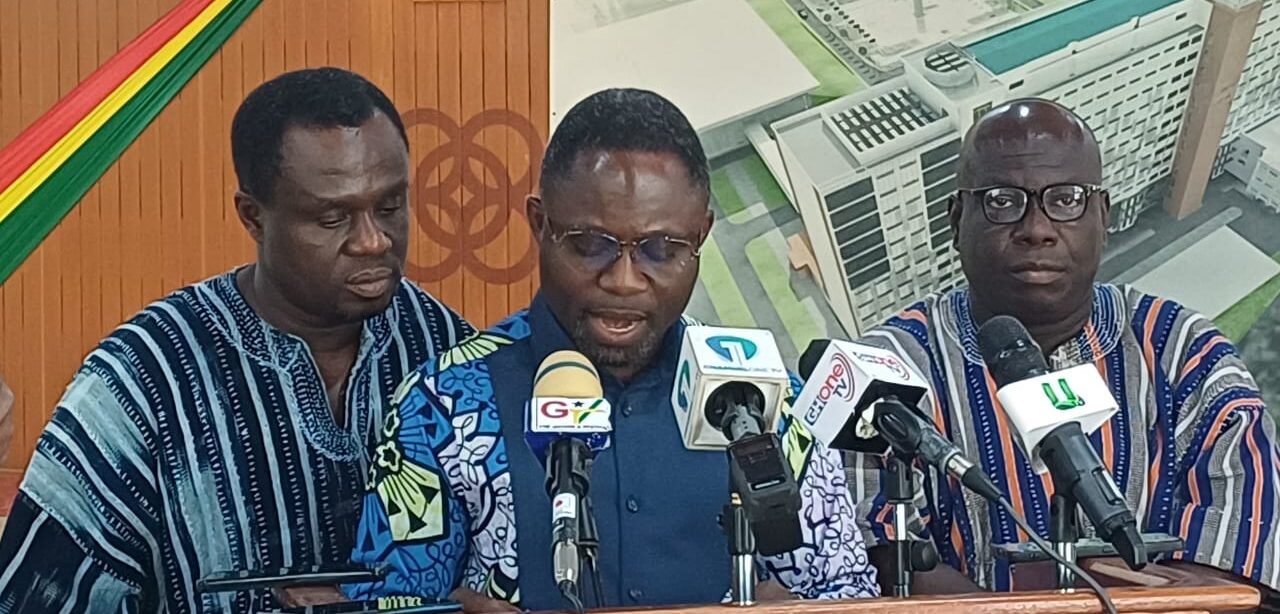

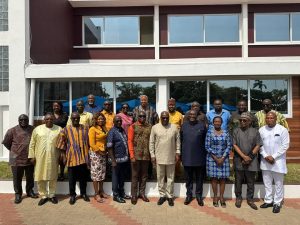

Facebook
Twitter
Pinterest
Instagram
Google+
YouTube
LinkedIn
RSS